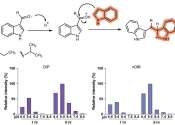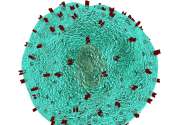Strengthening CAR-T therapy to work against solid tumors
Researchers at the National Cancer Institute-designated Montefiore Einstein Comprehensive Cancer Center (MECCC) have shown that a breakthrough therapy for treating blood cancers can be adapted to treat solid tumors—an advance ...
May 8, 2024
0
11









